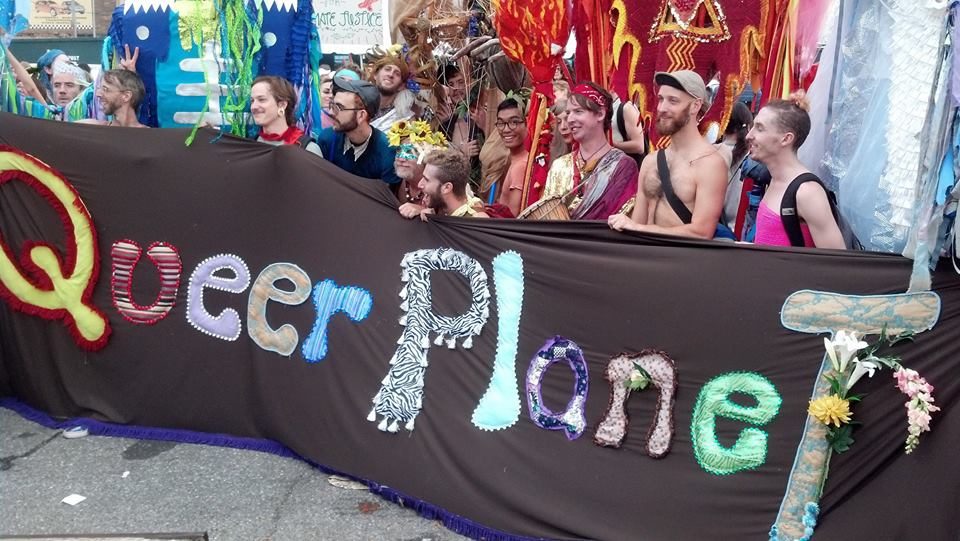
A new report published by the University of Minnesota on Tuesday claims that “queer and transgender communities experience environmental injustice,” and demands that a number of truly discriminatory steps be taken to curtail the “issue.”
“Limited research studies suggest the 2SLGBTQIA+ population experiences systemic discrimination that could lead to environmental injustices and higher exposure to environmental hazards,” the report, a copy of which was received through Young America’s Foundation’s Campus Bias Tip Line, states.
This latest addition to the University of Minnesota’s “Gender Policy Report” project was authored by a “non-binary” doctoral student at Yale University as well as a professor at Yale’s School of the Environment.
When taking a close look into what the referenced studies are based on, it becomes evident that they are indeed limited, as well as highly speculative.
For example, the UMN researchers point out that “2SLGBTQIA+ individuals are more likely to be exposed to secondhand smoke from partners or LGBTQ+ bars” than the general population. How, exactly, is a “2SLGBTQIA+” person’s voluntary decision to hang out at a bar where smoking is permitted the fault of anyone else, let alone targeted discrimination?
They also claim that neighborhoods with a high proportion of same-sex people, or “gayborhoods,” are often located in areas with subpar air quality. While that very well may be true, the decision to live in such a location is purely voluntary. Any arguments that LGBTQ+ indiviudals are stuck in gayborhoods due to lack of economic mobility are highluy questionable, as a review of Zillow Rentals indicates that monthly rent expesnes in many of these trendy neighborhoods tend to hover around, or even above, average costs in each resepctive city.
Additionally, the researchers took issue with a study’s findings that “34% of transgender people of color had to teach their [healthcare] provider about their gender identity.” In a world in which the Left has arbitrarily decided that there are more than 80 genders, it should come as no surprise that those who adopt such nonsensical identities will need to do some explaining.
In order to address the supposed discrimination, the academics recommend that future environmental policies “include, expand, and define gender,” as well as racial characteristics in order to “be intersectional.”
They also recommend the hiring of “2SLGBTQIA+” people as “environmental experts,” and call on municipal governments to follow in the footsteps of cities like Minneapolis in appointing members to parks and recreation boards based on “gender identity” and sexuality.
The New Guard contacted the University of Minnesota to ask how much funding was poured into this research project, but has yet to hear back. This article will be updated accordingly.